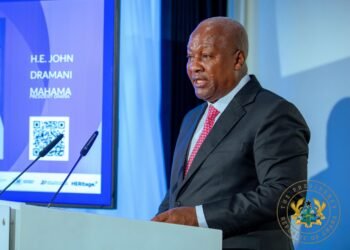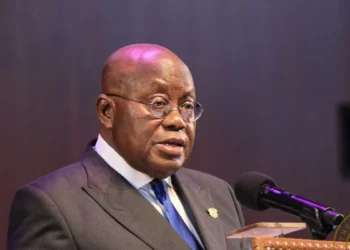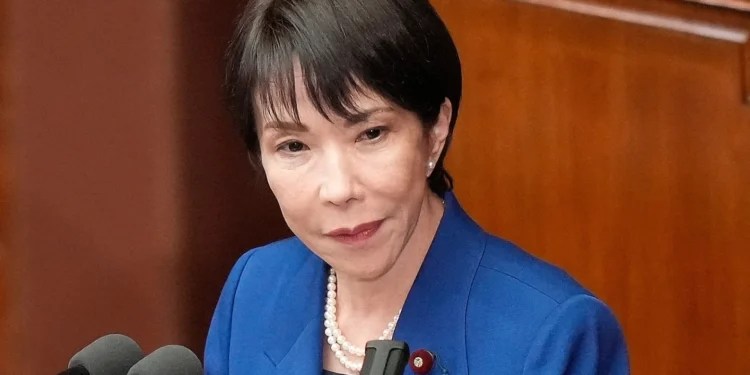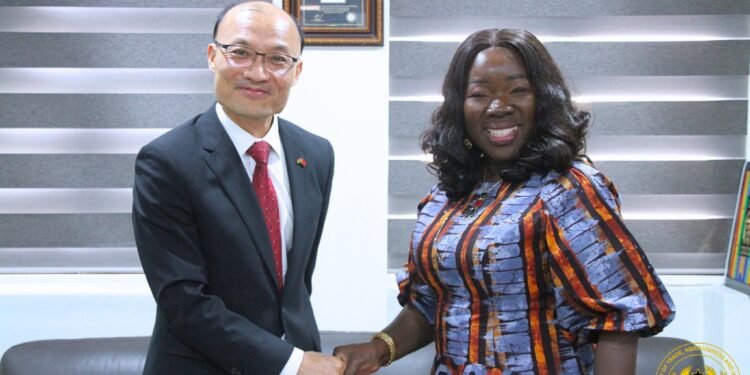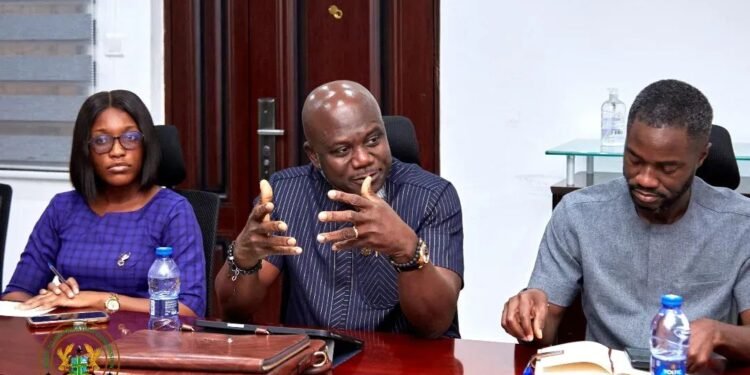Ghana stands to make significant fiscal gains following President John Dramani Mahama’s directive to cut fuel allocations to government appointees, according to Professor Sharif Mahmud Khalid, Economic Advisor to Vice President Professor Naana Jane Opoku-Agyemang.
The move, described by some as symbolic, has now been backed by preliminary economic analysis showing it could generate millions in savings over the Mahama administration’s term in office.
In an in-depth analysis shared publicly, Prof. Sharif dismissed criticisms that the policy was a public relations gimmick, stressing that the initiative was rooted in a strategic review of colonial-era compensatory allowances that have outlived their relevance in modern governance.
“There’s a level of modernisation to governance that President Mahama brings to the fore. Fuel allowances, accommodation, and other fringe benefits are legacy issues, inherited from colonial administration to supplement poor salaries in the public service.
“These were designed to attract talent into the civil service at a time when the base pay was unattractive. But we’ve moved on. Today, some of these compensations are being made elsewhere, and yet these old practices persist.”
Professor Sharif Mahmud Khalid, Economic Advisor to Vice President Professor Naana Jane Opoku-Agyemang
The economic advisor explained that President Mahama’s bold decision is an opportunity for the country to reassess such practices and reallocate public resources more prudently. “President Mahama said, ‘Let’s pause and really have a good look at this.’ That is not gimmickry—it’s good governance,” he asserted.
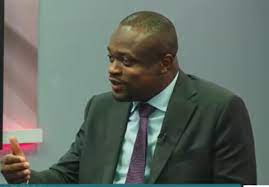
Cost-Benefit Analysis
To substantiate his position, Prof. Sharif conducted a basic cost-benefit analysis using current pump prices from the Ghana Oil Company (GOIL). He estimated fuel consumption for 1,000 government vehicles—divided evenly between 500 saloon cars and 500 four-wheel drives—with each consuming an average of 50 litres per week.
“Using the figures at the time, I crunched the numbers, the government stands to save roughly GHS 2.5 million every month, translating to over GHS 30 million in a year. Over four years, that amounts to a total of approximately GHS 120 million in savings.”
Professor Sharif Mahmud Khalid, Economic Advisor to Vice President Professor Naana Jane Opoku-Agyemang
While these are ballpark figures, he emphasised that they are conservative estimates, given that the actual size of the government’s vehicle fleet—spanning ministries, state agencies, and state-owned enterprises—likely exceeds the 1,000-vehicle benchmark he used in his projections.
The implications of these savings, he suggested, are not merely theoretical. By drawing parallels with the costs of various public infrastructure projects, Prof. Sharif provided a real-world perspective on what this policy could achieve if fully implemented and sustained.
“For instance, if the cost of building a maternity block is around GHS 1.5 million, we could potentially build 80 of them over four years. Similarly, with CHPS compounds costing an average of GHS 400,000 each, we could build approximately 300. For six-unit classroom blocks at about GHS 1 million apiece, we could deliver 120 across the country.”
Professor Sharif Mahmud Khalid, Economic Advisor to Vice President Professor Naana Jane Opoku-Agyemang

Bridging Core Infrastructure Gaps
According to him, the savings could make a substantial difference in bridging critical infrastructure gaps, especially in deprived communities.
Though he was quick to clarify that his projections do not reflect the official plans of the Mahama administration, he maintained that the analysis points to the policy’s potential for impactful results.
“I’m not saying this is exactly how the government plans to spend the savings. I’m sure the President and his communications team will announce that in due course.
“But it is important we understand the strategic objective behind this decision—it’s about expenditure control and redirecting resources where they matter most”.
Professor Sharif Mahmud Khalid, Economic Advisor to Vice President Professor Naana Jane Opoku-Agyemang
He argued that critics should evaluate the fuel cut policy based on these measurable outcomes rather than reducing it to political optics. “Before we rush to call it a PR gimmick, we should ask the fundamental question—how much are we hoping to save, and what can that money do for our people?” he stated.

Prof. Sharif’s remarks reflect a broader effort by the Mahama-led administration to reform the culture of public sector privilege.
Since returning to office following a historic landslide victory in the December 2024 elections, President Mahama has signalled a departure from business-as-usual governance. His government has pledged to promote fiscal discipline, transparency, and value for money in public service delivery.
By targeting an area of long-standing public concern—fuel consumption by state officials—Mahama’s government is not only sending a signal of austerity but also modeling a new standard of accountability.
Prof. Sharif suggested that this kind of leadership is what is needed to restore public trust and ensure that public resources work for all Ghanaians, not just a privileged few.
If Prof. Sharif’s analysis is any indication, the country could see meaningful gains from this single act of fiscal restraint—proof that sometimes, change begins with simple, deliberate choices.
READ ALSO: Energy Sector Levy Takes Effect Today as COPEC Warns of Fuel Price Hikes







